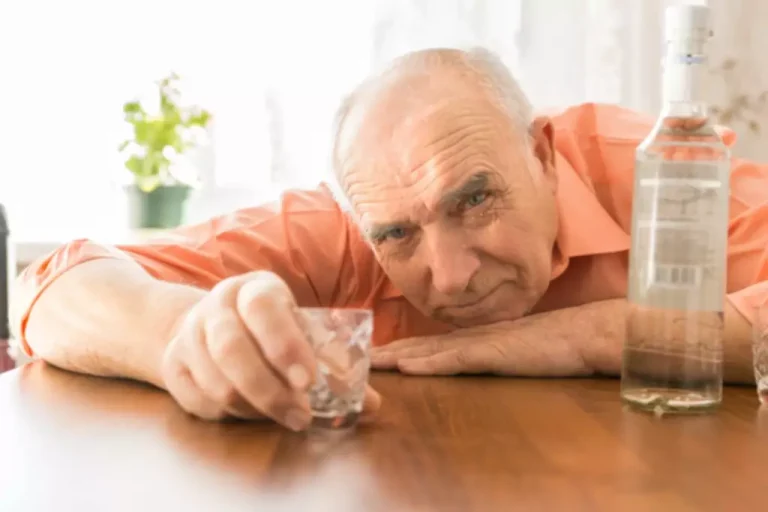
We’ll also provide guidance on navigating withdrawal symptoms and social situations and offer practical strategies for maintaining sobriety. Research shows people who have a supportive social network are more likely to remain alcohol-free after withdrawal. Those with a wider circle of support have a better chance of staying sober. There are many support options available that can help guide you through alcohol withdrawal, as well as abstaining from alcohol after withdrawal. For people at low risk of what happens when you stop drinking alcohol complications, an office visit to your primary care provider, along with at-home monitoring and virtual office visits, may suffice. People at high risk of complications should enter a short-term in-patient detox program.
What Is Sober Curious?
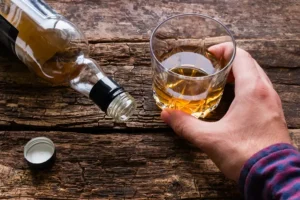
Alcohol has sedative properties, so while it may cause you to fall asleep faster, your sleep quality will suffer, says McMahon. That’s because alcohol reduces time spent in the restorative REM stage of sleep, she explains. Exploring, in writing, what you find difficult and when you most want to drink can help you notice patterns that offer more insight into your alcohol use. Comparing the emotions that come up when you have a drink with the feelings you experience when abstaining also helps you recognize when drinking doesn’t fix the problems you’re trying to manage. To stop drinking alcohol, you first need to understand your relationship with drinking.
Read this next
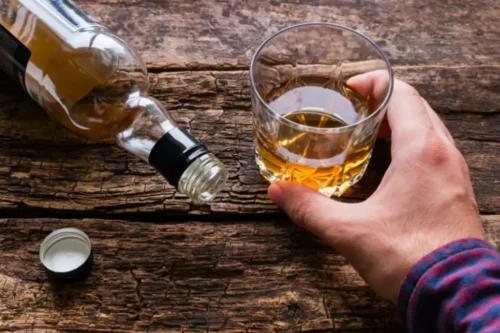
This process temporarily restores homeostasis, or chemical balance, in an effort to counteract the impact of long-term alcohol use on the brain. Drinkchat is a free online chat service with trained advisors offering confidential advice. If you’re simply looking to speak to someone on the phone or chat online for more advice on your own or someone else’s drinking, get in touch with Drinkchat or Drinkline. If you’re worried about your drinking, get in touch with your local GP surgery, who will be able to help.
What happens to your body when you stop drinking?
It also makes you more impulsive, and less able to resist the fries and other temptations on the menu. So when you stay away from alcohol, the number on your scale may well start moving down. Embracing a sober lifestyle is an act of self-love and empowerment. It’s a chance to rewrite your story, discover your true potential, and cultivate a life filled with clarity and purpose. Combining these strategies and tailoring them to your specific needs can increase your chances of long-term sobriety.
What does drinking alcohol do to your body?
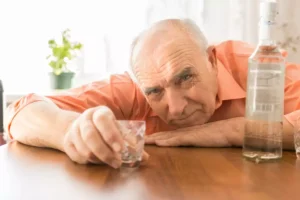
After a year of sobriety, your body has had time to heal from the effects of alcohol. Your risk of developing serious health conditions such as liver disease, heart disease, and certain cancers has significantly decreased. You may also have experienced improvements in your relationships, work, and overall quality of life. It’s important to continue to prioritize your sobriety and seek support to maintain your alcohol-free lifestyle. If you have a history of severe alcohol dependence, he recommends consulting a health care professional before quitting, as abrupt cessation can be life threatening.
- It’s also important to note that delirium tremens can be life-threatening.
- Treatments may include pharmacological interventions, though evidence supporting their long-term efficacy is currently weak.
- This article is for informational purposes only and is not meant to offer medical advice.
- There has been some research conducted on how abstaining from alcohol detoxifies your liver over time.
- But I would only ever drink socially so when the first Covid lockdown hit in 2020 my relationship with alcohol went out the window.
If you’re experiencing severe symptoms of alcohol withdrawal, be sure to talk to a healthcare provider. Nevertheless, people who have AUD should take extra care before suddenly quitting or significantly decreasing their intake as they can experience symptoms of alcohol withdrawal. This is where the central nervous system becomes so reliant on the depressive effects of alcohol that, when a patient stops drinking, their brain stays in a “hyperactive” state. This can lead to symptoms including anxiety, insomnia and irritability, and in more serious cases, hallucinations, seizures and potentially death. Whether you’re looking to improve your physical health, mental well-being, or overall quality of life, quitting alcohol can positively impact your life in the long term.
How Long Does It Take Your Liver to Detox From Alcohol?
Whether you’re challenging yourself to a no-drink stint (hello, Dry January) or considering cutting back on alcohol in general, your body can experience some real changes when you stop drinking. We asked health experts what really happens when you take alcohol out of the equation for a month (or longer). If you’re keeping up with this average (or less), the damage from alcohol is most likely minimal. Of all your body’s organs, your liver takes the biggest hit when it comes to alcohol. It’s well established that heavy alcohol consumption decreases brain volume — with white matter especially vulnerable — but studies also show that some of that damage can be reversed during recovery.
If you have any questions or concerns, share your results with your doctor. I also encourage you to reach out to https://ecosoberhouse.com/ connect with us on Facebook, and don’t be afraid to get help by speaking to a counselor or therapist. There are people out there who have been where you are and want to help. Journaling is a powerful tool to uncover your reasons for drinking, understand old patterns, and work through how to change them. Our brains don’t like this artificial imbalance and will try to overcompensate by decreasing the amount of GABA and increasing the production of glutamate. This article is for informational purposes only and is not meant to offer medical advice.
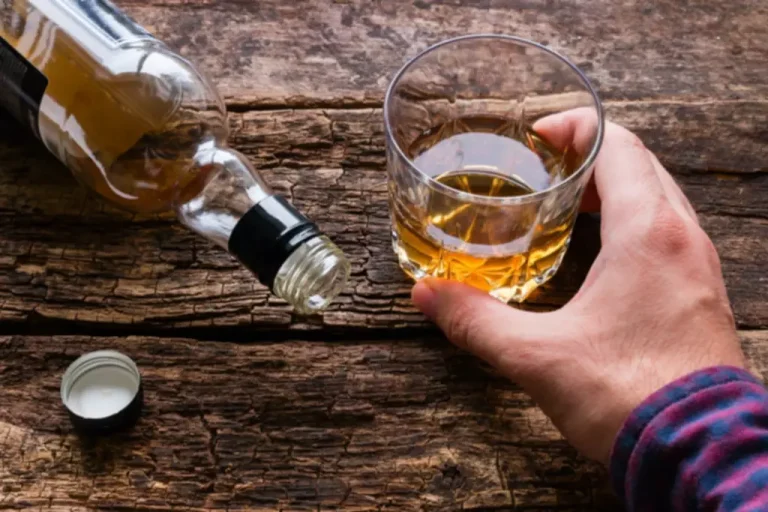
Without any weekend drinking sessions in my schedule, I noticed this impact subsided after a couple of weeks, which is par for the course according to Professor Nutt. But I would only ever drink socially so when the first Covid lockdown hit in 2020 my relationship with alcohol went out the window. It was at this point I started to noticed how much better I felt without it. During sixth form and my time at university, the amount you could drink was worn as a badge of honour. As a competitive person, I never wanted to be left behind, so binge drinking once or twice per week was the norm.
- However, when you drink in excess, the enzyme gets saturated and is metabolized by a different enzyme.
- It’s why you feel extra jumpy and anxious after a night of heavy drinking (i.e., hangxiety).
- Did you know alcohol use can actually make you more prone to getting sick by undermining the immune system?
- Your sleep, he says, will be restored gradually during the first four weeks, but after that you’ll sleep more deeply and wake up more rested.
- You can feel better, decrease your risk of diseases, think more clearly, save money and even improve your relationships.
- By opening up about your relationship with alcohol, you might also encourage others to explore their own drinking habits.
Probably not, but with almost 3 weeks of sobriety behind you, you may feel – and even look – rejuvenated. Often our skin improves as a result of cutting alcohol out of our lives, including fewer bags under our eyes. By this time, it’s likely you’ve seen a few of the people closest to you (friends, family, coworkers). Without the influence of alcohol, you might notice that you’re arguing less, and can have more authentic conversations. If you’re still feeling irritable, or if you’re not on the same page as your loved ones, that’s okay too!




